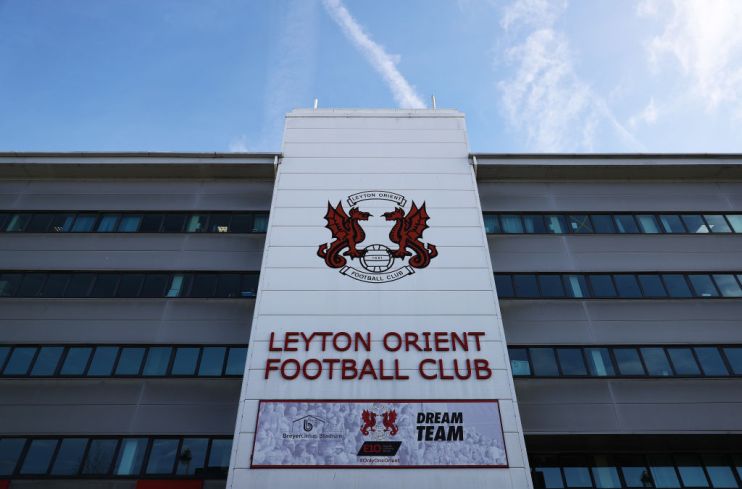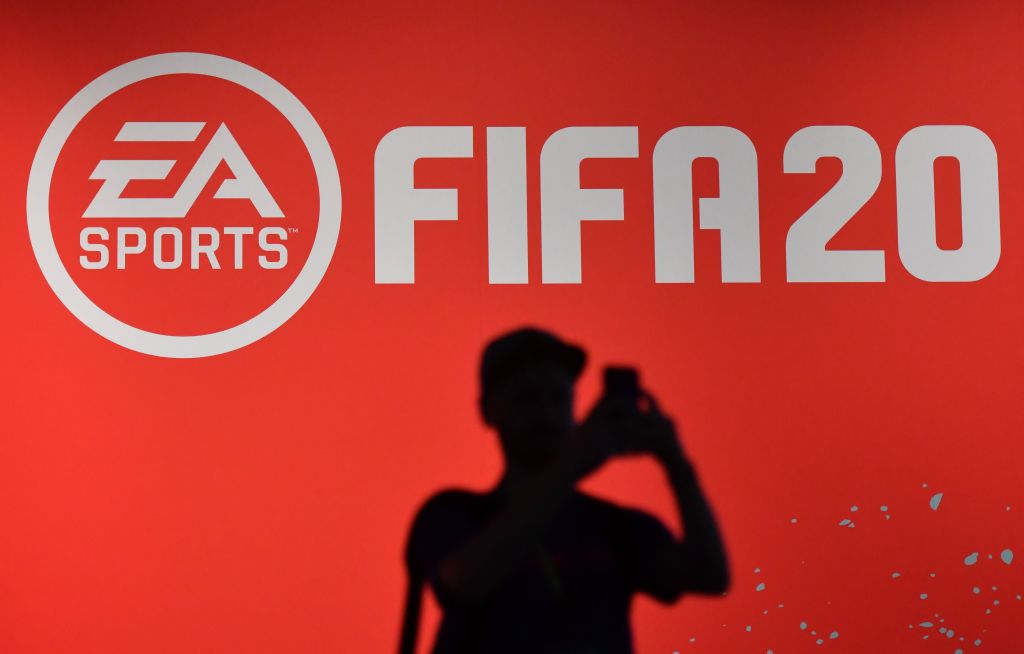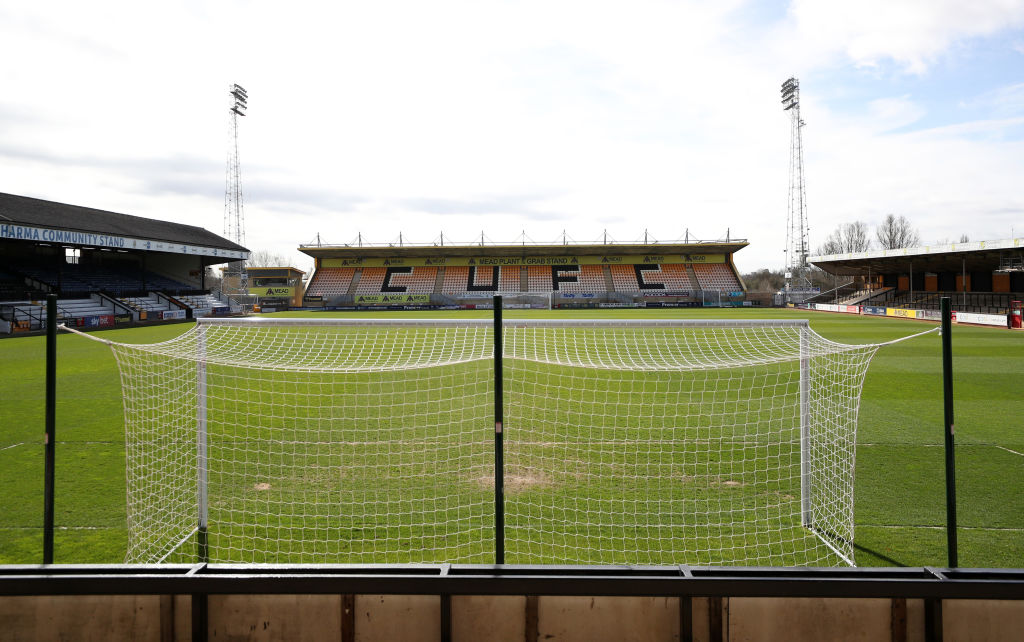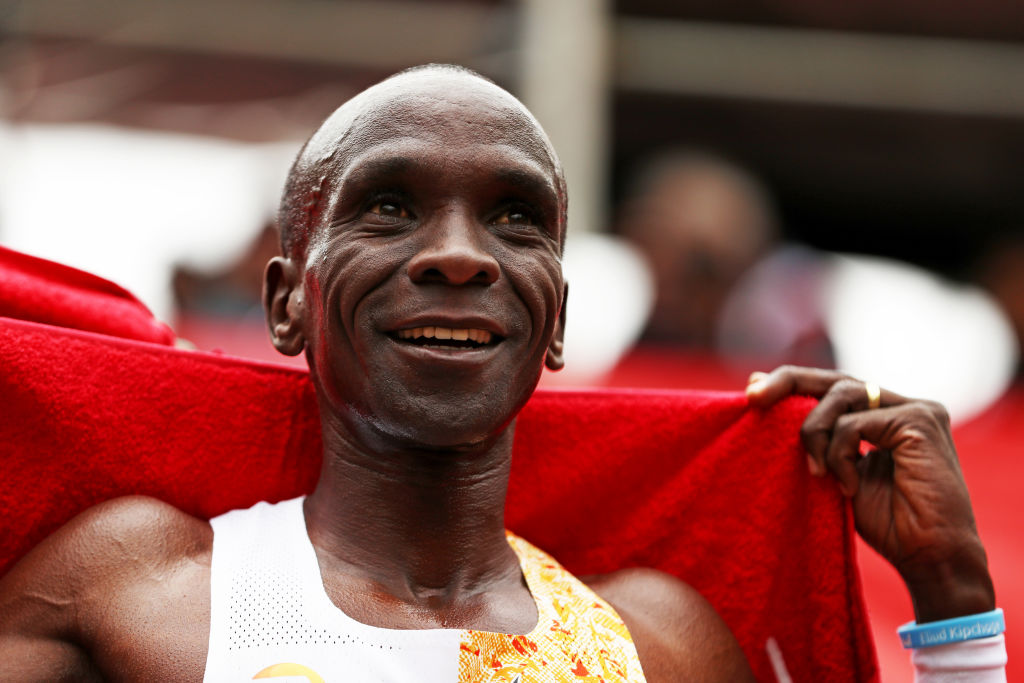Community Fifa tournaments, archive footage and offering advice: How to create sports content a time of coronavirus crisis

The absence of live sport poses a conundrum for those working in media and creative industries, but over the past few weeks one football club has emerged as a trailblazer.
Leyton Orient have led the way for sports organisations looking for a way to engage audiences during the coronavirus pandemic, with one bright idea bringing together people around the world.
When Orient’s media manager Luke Lambourne and media officer Dan Walker met to brainstorm after seeing other clubs playing Connect Four on Twitter, they could hardly have imagined how it would grow.
Something different
“We thought ‘let’s do something a bit different’,” Lambourne tells City A.M. “Can we put clubs up against each other in a more engaging way?”
The resulting idea was to hold a Fifa gaming tournament between clubs, dubbed #UltimateQuaranTeam, while raising money for good causes – 25 per cent to mental health charity Mind and the World Health Organisation and 75 per cent to struggling Football League clubs.
“We’re quite ambitious and we like taking risks with certain things,” Lambourne says.
“We knew 64 clubs would be achievable, but we had that within almost 12 hours of starting. We kept going and the engagement we got from all around the world was pretty mind-blowing.”

The tournament, which remains ongoing, eventually topped out at 128 competitors. At the time of writing Orient had raised more than £54,000 and attracted 25,000 new Twitter followers.
With no sport to focus on, gambling companies have joined in too. Sky Bet donated £25,000 to the cause, while William Hill are to offer up all profits they make from their betting market on the competition.
All about ideas
By being creative, Orient have managed to tick a lot of boxes simultaneously, which isn’t easy to do, according to Watford’s former head of marketing Graeme Ford.
“This sort of time isn’t about being ‘fun’, but then on the flip side it’s really important that if people are isolating you entertain them. You need to find a balance between the two,” he says.
“It’s an opportunity for some people to be really creative, but treading that line is a real balance. Orient are the right side of that at the moment.”

The challenges that coronavirus brings are unprecedented and Ford believes “there will be so many clubs and accounts sitting there thinking ‘what do we do? We’ve got nothing’.”
Jimmy Stone, who worked at West Ham and Charlton before becoming head of social media for the London Marathon, agrees.
“Now is when you’ll see the social media managers who are worth their weight in gold, because it’s about ideas now,” he says.
Changing tack
With the London Marathon postponed until 4 October, Stone has seen many of his carefully-laid plans go up in smoke.
“It’s an interesting one, because at this time of year we’d normally have a heavy focus on training advice and live Q&As about getting ready for the race, which would have been about a month away,” he explains.
Training tips and content around the rivalry between Eliud Kipchoge and Kenenisa Bekele is not needed currently, but pivoting to offering wider running advice is not straightforward either.

“We can explain what is safe with running, what you should and shouldn’t do, because at the moment it’s still OK to go out and run,” Stone adds.
“But the tough part is that it is so fast-moving. We could do something on that and then tomorrow we could be in [full] lockdown and it would be useless.”
Striking a balance
Unlike football clubs, Stone can’t fall back on reams of archive footage to plug the gap either.
Ryan Grant, managing editor at the English Football League, is fortunate to have such an option but reluctant to overuse it.
“We’re lucky that we’ve got such a great history, which goes all the way back to 1888,” he says.

“What we’ve tried to do is make use of our archive and give people that football fix that they’re after. But there’s only so long you can roll out the archive stuff until it becomes a little bit samey.
“We’re trying to engage our audiences and give them that in the absence of the regular league fixtures, but it’s also about driving home that there’s a human element to all this.”
For Grant that means focusing on the work done by the EFL Trust and how clubs are bringing communities together in testing times.
“We’ll stick to the football itself and the human element, which is so important,” he explains.
“At the moment people are looking to us for guidance, so it’s about striking a balance.”